In the world of snacking and cooking, nuts are a popular and nutritious choice. But have you ever wondered how long they last before they go bad? Today we will explore this topic and provide you with essential information on how to keep them fresh and delicious.
The Shelf Life of Different Nuts
Different nuts have varying shelf lives depending on their oil content and storage conditions.
Almonds
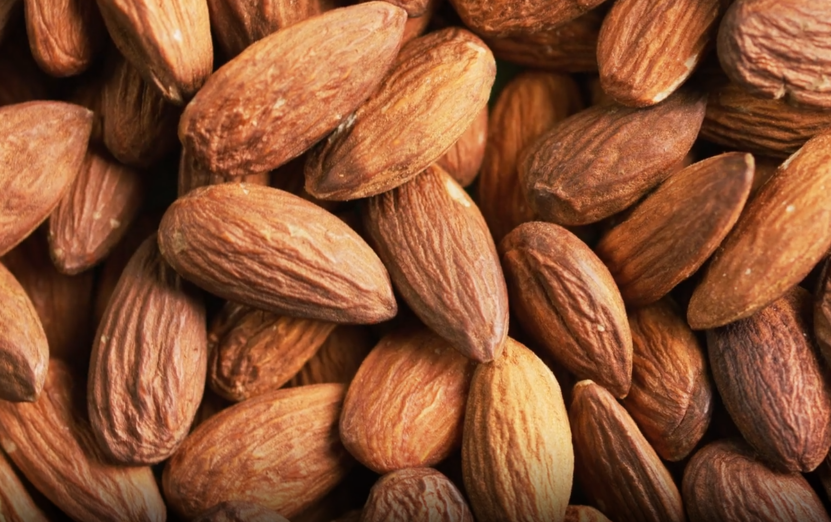
Almonds can last up to two years when stored properly. In the pantry, they stay fresh for about six months, while refrigeration can extend their life to a year. For the longest shelf life, freezing is ideal. It’s important to note that shelled almonds last longer than unshelled ones.
Additionally, almonds’ high vitamin E content aids in prolonging their freshness. Store them away from strong-smelling foods as they can absorb odors.
Walnuts
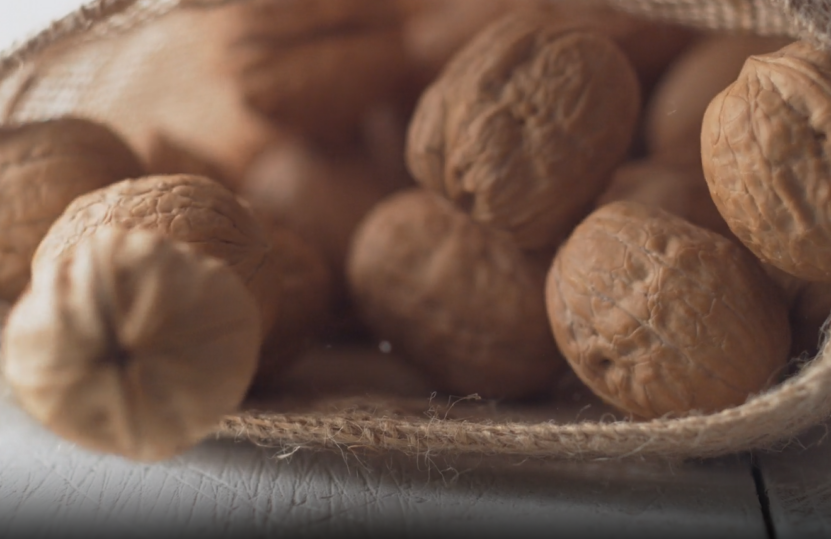
Walnuts, known for their high oil content, have a shorter shelf life. They last about six months in the pantry and up to a year in the fridge. Freezing can prolong their freshness for over a year. To maintain their quality, keep them away from moisture and heat.
Storing them in vacuum-sealed bags can also help preserve their freshness. Their distinct flavor can be compromised if stored near foods with strong odors.
Peanuts

Despite being legumes, peanuts are often grouped with nuts. They can last up to six months in the pantry and a year in the refrigerator. In the freezer, they can stay good for more than a year. Store them in a cool, dry place to prevent the growth of mold, especially when shelled.
Roasted peanuts may have a shorter shelf life due to oils exposed during roasting. Unsalted peanuts tend to last longer than salted ones.
Cashews
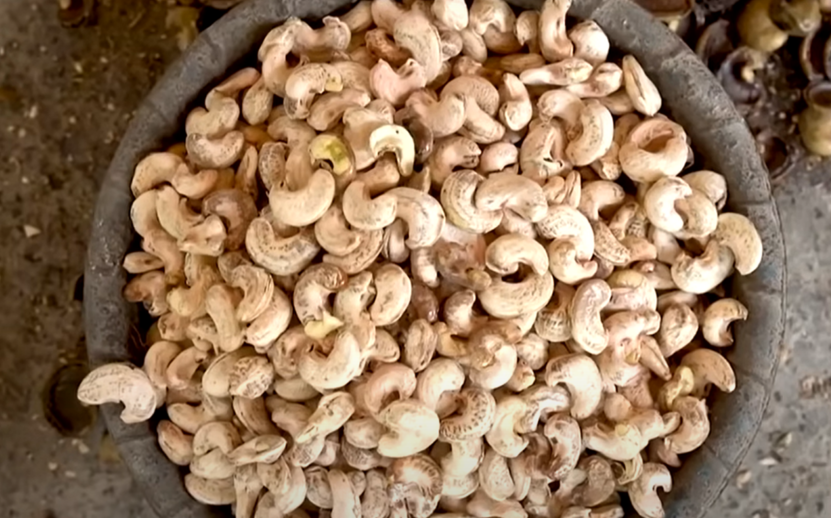
Cashews have a shelf life of about six months in the pantry. Refrigeration can extend this to about a year, and freezing can keep them fresh for over a year. Keep cashews in a dark place as light can cause them to spoil faster.
Their creamy texture makes them sensitive to temperature fluctuations. Additionally, cashews should be kept in air-tight containers to prevent them from absorbing moisture or odors.
Pecans
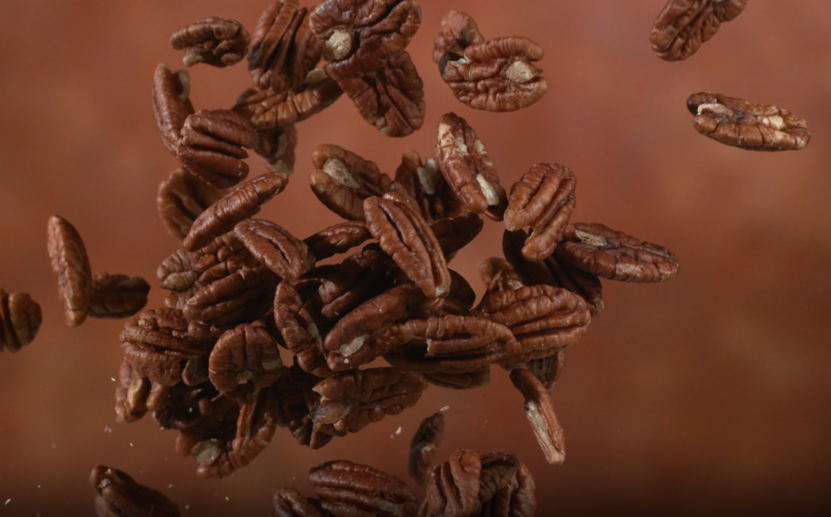
Pecans can stay fresh for up to six months in the pantry and a year in the fridge. When frozen, they can last for two years or more. Pecans’ high-fat content makes them susceptible to rancidity, so it’s crucial to store them properly.
They are best kept in a shell until ready to use, as shelling exposes them to air. In addition, storing pecans in vacuum-sealed bags can significantly extend their freshness.
Hazelnuts
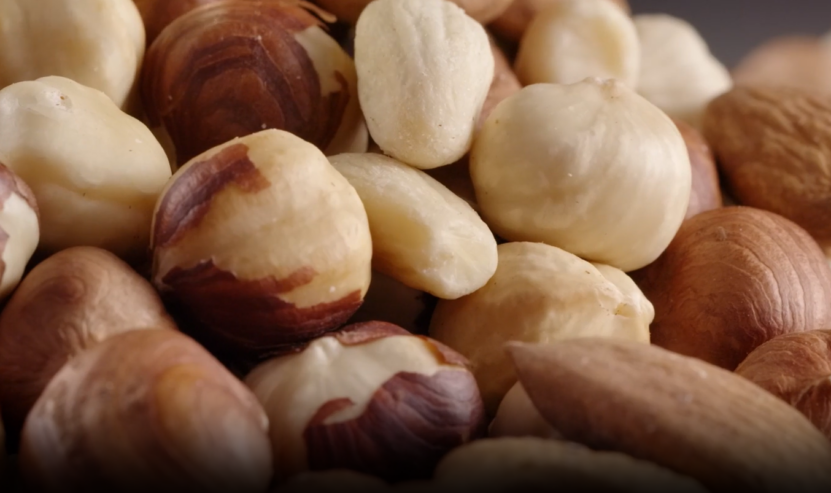
Hazelnuts can last up to a year in the pantry. Refrigeration extends their shelf life to about 18 months, and freezing can keep them good for more than two years. Store them away from heat sources as heat can spoil them quickly.
They have a robust flavor, making them less prone to flavor loss over time. If you notice a bitter taste, it’s a sign that the hazelnuts have gone rancid.
Macadamia Nuts
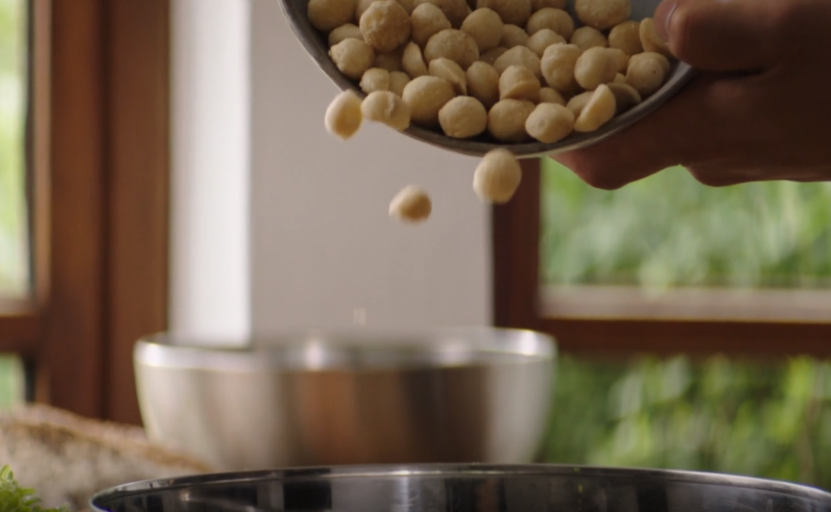
These have a shorter shelf life due to their high-fat content. They last about six months in the pantry and can be extended to a year in the fridge. Freezing can keep them fresh for over a year. Macadamia nuts are particularly prone to absorbing odors, so an air-tight container is essential.
The oil in them is more stable than in other nuts, which helps in maintaining freshness. However, once opened, it’s best to consume them within a few weeks.
Pistachios
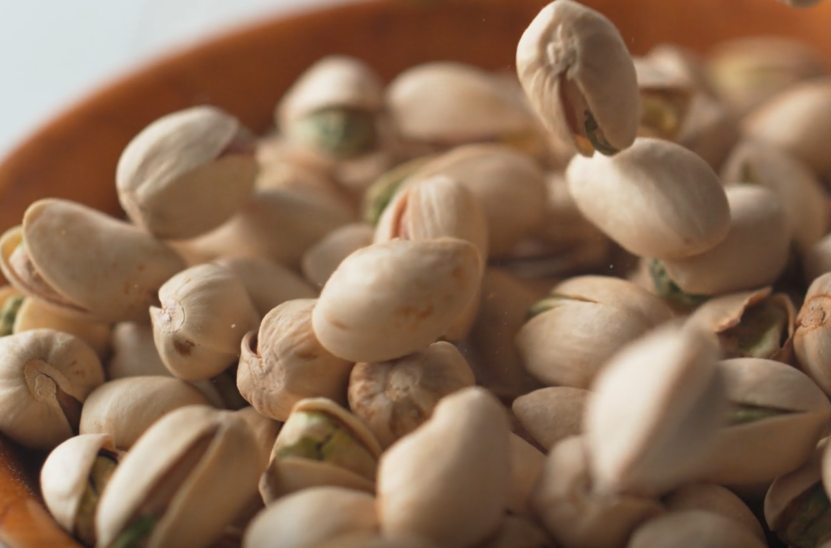
Pistachios can last up to three months in the pantry. Refrigeration extends their life to about a year, and freezing can keep them fresh for over a year. It’s important to keep them in a moisture-free environment as they are prone to mold.
Shelled pistachios spoil faster than unshelled ones due to exposure to air. Keep them in dark, cool places to maintain their distinctive flavor and freshness.
Brazil Nuts
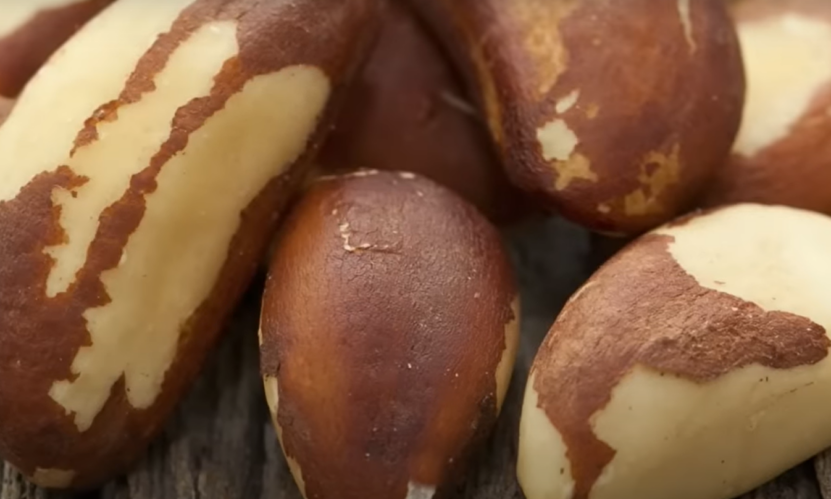
Brazil nuts last about six months in the pantry and up to a year in the refrigerator. Freezing can extend their shelf life beyond a year. Brazil nuts should be stored in a cool, dry place to prevent them from becoming rancid.
They contain high levels of selenium, which can be lost if stored improperly. If they turn soft or mushy, it’s an indication that they have spoiled and should be discarded.
Factors Affecting the Shelf Life
Several factors influence how long nuts last, including:
1. Moisture and Humidity
Nuts are prone to mold growth in moist conditions. Keeping them dry is essential for prolonging their shelf life. High humidity levels can also lead to the nuts absorbing excess moisture, which accelerates spoilage.
To combat this, storing them in airtight containers with desiccants, like silica gel packets, can help maintain an optimal dry environment. It’s also important to avoid storing nuts near sources of moisture, like sinks or steamy areas.
2. Temperature
Warm temperatures can cause nuts to go rancid quickly. Cooler temperatures slow down this process. Storing them in a cool place, ideally below 70°F (21°C), significantly extends their freshness. Kitchens, which often fluctuate in temperature due to cooking, might not be the best storage location.
In contrast, a cellar, basement, or even the refrigerator can offer a more consistent and cooler environment, better preserving the nuts’ quality.
3. Light and Air
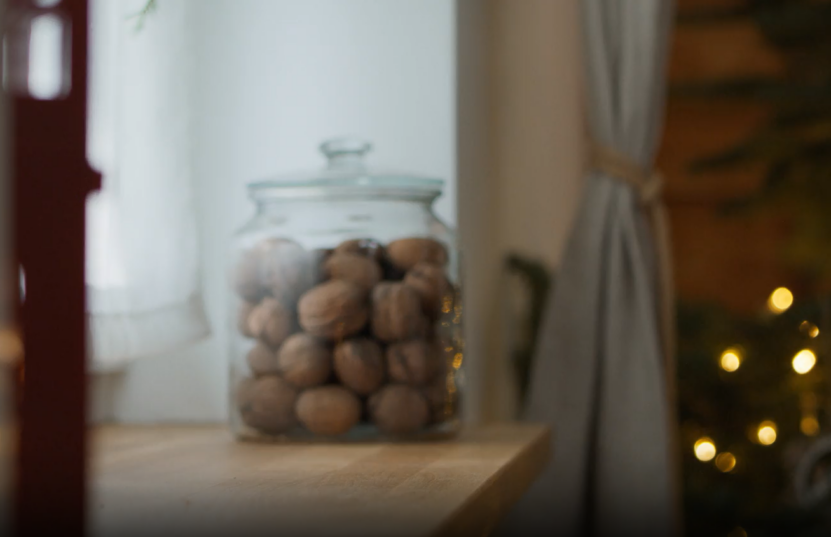
Exposure to light and air can degrade nuts’ quality. Air-tight containers and dark storage spaces are ideal. Light can accelerate the oxidation of the fats in them, leading to rancidity, while air exposure increases the risk of moisture and contaminants.
Opaque storage containers can provide an additional layer of protection against light. Periodically checking the seals of containers and ensuring they are closed tightly helps minimize air exposure.
4. Roasted vs. Raw
Roasted nuts have a shorter shelf life than raw nuts because the roasting process exposes the oils, making them more susceptible to rancidity. The heat from roasting can also initiate chemical reactions that break down the nuts’ natural antioxidants, reducing their shelf life.
However, the enhanced flavor and crunchiness of roasted nuts often outweigh this drawback. For those who prefer roasted nuts, purchasing them in smaller quantities and consuming them quickly is advisable to enjoy their optimal taste and texture.
Tips for Storing Nuts
- Store in Air-Tight Containers: This protects them from moisture and air. Using vacuum-sealed containers can be particularly effective in keeping them fresh for a longer period. Containers made of glass or metal are preferable as they don’t retain odors and are less likely to impart any taste to the nuts.
- Keep in a Cool, Dark Place: A pantry or cupboard away from heat sources is ideal. Exposure to heat can cause the oils in nuts to go rancid faster, so avoid storing them near ovens or stovetops. Basements or cellars are also great options if they are dry and cool.
- Refrigerate or Freeze for Longer Storage: Especially for high oil-content nuts. In the refrigerator, they can be kept in their original packaging or transferred to airtight containers. If you opt to freeze them, make sure to wrap them tightly to prevent freezer burn and to maintain their flavor and texture.
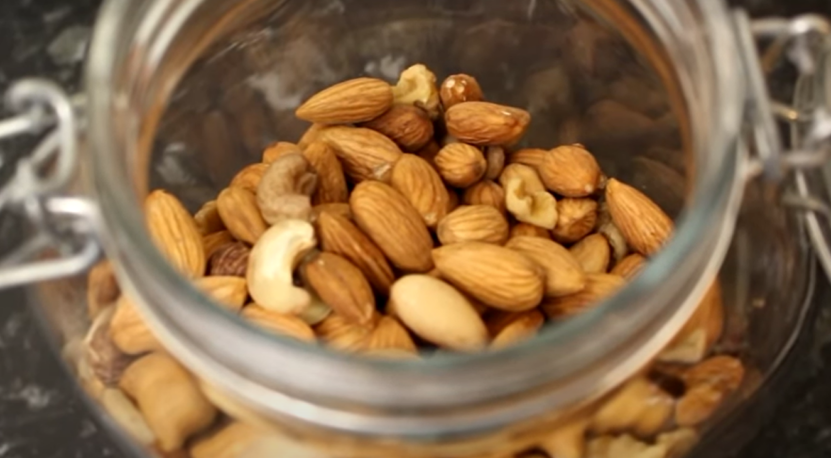
- Keep Roasted and Flavored Nuts Separate: They can absorb flavors and spoil faster. Additionally, storing them separately prevents cross-contamination of flavors, ensuring each type retains its unique taste. Be mindful that flavored nuts often have added ingredients that may reduce their shelf life compared to plain ones.
- Check Regularly for Rancidity: Smell and taste a small amount before using. Rancid nuts have a characteristic off-smell and taste that are easy to identify. If you detect any signs of rancidity, it’s best to discard them to avoid potential health risks and unpleasant flavors in your dishes.
FAQs
Can I store different types of nuts together in the same container?
It’s generally not recommended to store different types together. Different nuts have varying shelf lives and moisture contents, which can affect each other negatively. Separating them ensures that each type maintains its quality and freshness.
How do I know if nuts have gone bad if there’s no rancid smell?
Besides the rancid smell, look for changes in texture and color. Nuts that have gone bad may become shriveled, slimy, or discolored. If you’re unsure, it’s safer to discard them to avoid potential health risks.
Can I revive stale nuts?
Stale nuts can often be revived by toasting them in the oven. Spread them on a baking sheet and toast at a low temperature (about 275°F) for 10-15 minutes. This can help restore some of their crunch and flavor.
Is it safe to eat nuts that have been frozen and then thawed?
Yes, it’s safe. However, it’s important to thaw them properly. Allow them to come to room temperature slowly to prevent condensation and moisture build-up, which can lead to mold.
Can vacuum sealing extend the shelf life of nuts?
Vacuum sealing can significantly extend the shelf life of nuts by removing air and preventing oxidation. When vacuum-sealed and stored properly, they can last much longer without losing their freshness and taste.
Do nuts need to be washed before storing?
Washing before storage is not recommended as the added moisture can encourage mold growth and spoilage. Nuts should be stored dry. If you prefer washing them, do so right before consumption, not before storing.
Summary
Nuts are a versatile and nutritious addition to any diet, but their high oil content means they can spoil quickly if not stored correctly. Understanding the shelf life of different types of nuts and the factors that affect them can help you enjoy their full flavor and health benefits.
By following simple storage tips, you can ensure your nuts stay fresh and delicious for as long as possible.
